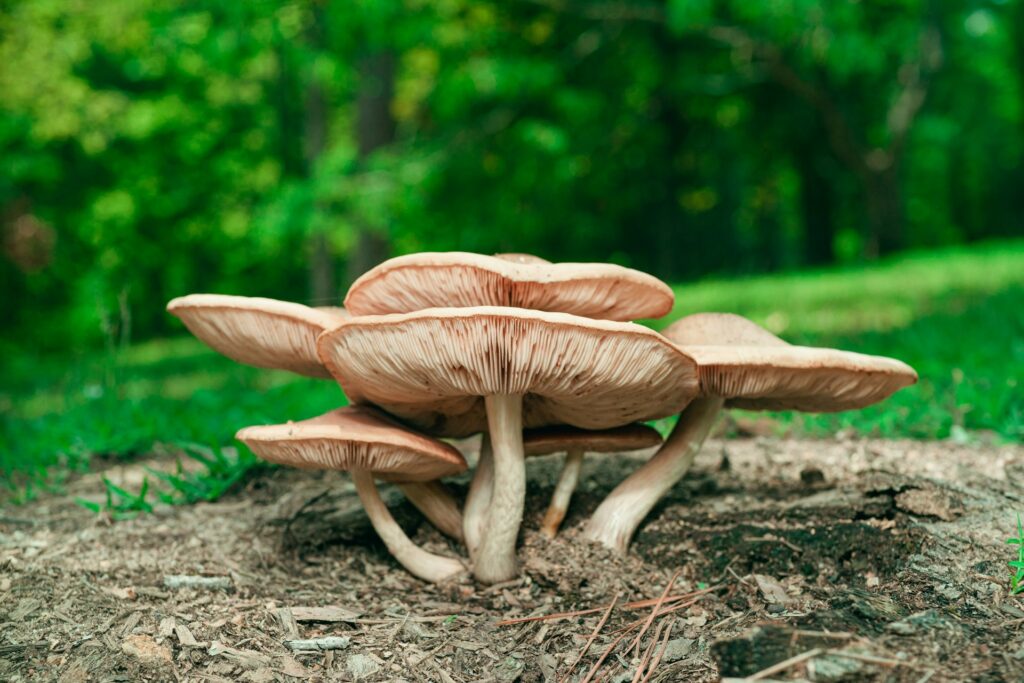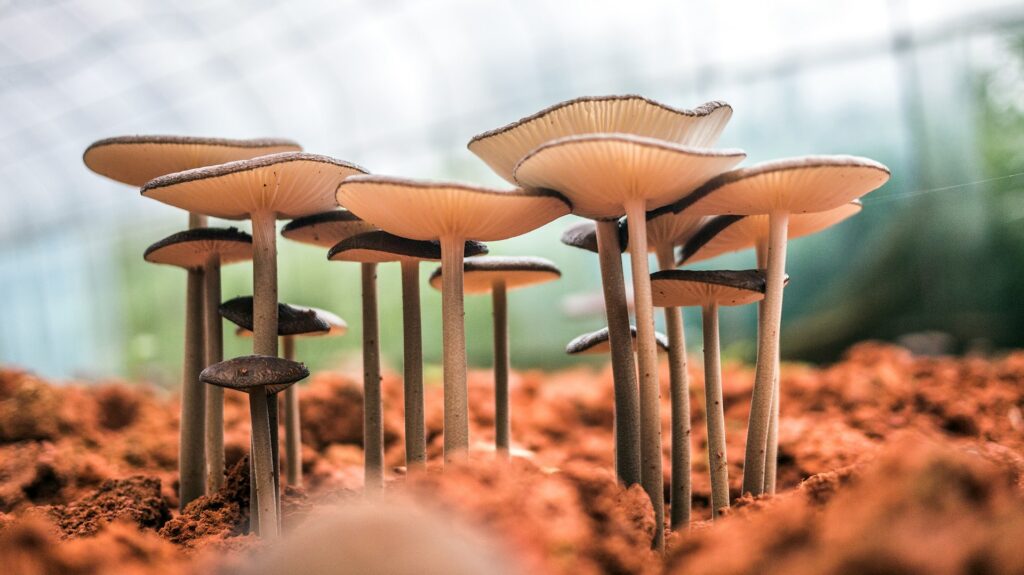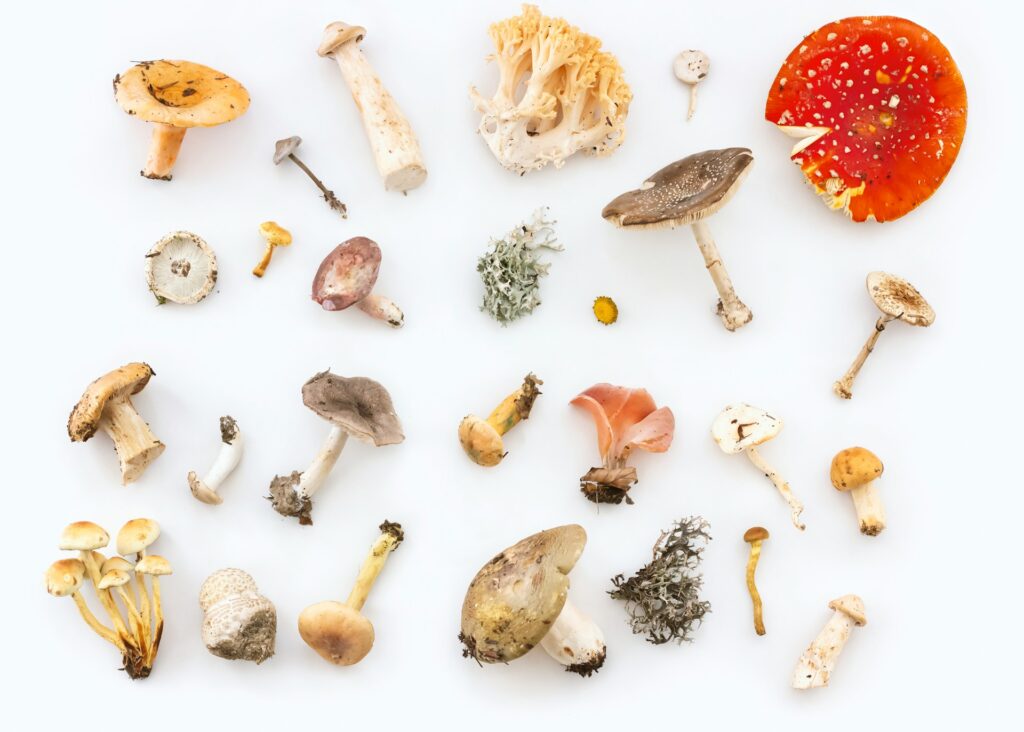In the face of climate change and food insecurity, mushrooms are emerging as a sustainable farming solution. Unlike traditional crops, mushrooms require less water, space, and energy. They grow on agricultural waste such as sawdust, coffee grounds, or straw, making them an eco-friendly crop that recycles what would otherwise be discarded.
Mushrooms also grow quickly—many species reach maturity in just a few weeks. This allows for multiple harvest cycles per year, leading to a higher yield from a small area. Additionally, mushroom cultivation produces minimal carbon emissions and doesn’t rely on chemical fertilizers or pesticides.
Another overlooked benefit is their nutritional value. Mushrooms are packed with essential vitamins, fiber, and plant-based protein. As more people move toward plant-based diets, mushrooms are filling the gap as a meat substitute thanks to their umami flavor and texture.
At our farm, we focus on growing oyster and shiitake mushrooms in controlled environments using locally sourced organic waste. Our goal is not only to produce food but to contribute positively to the environment and local economy.
Whether you’re a conscious consumer or aspiring farmer, understanding the sustainability of mushrooms is key to embracing future-forward agriculture.


